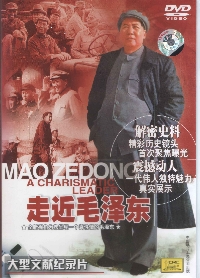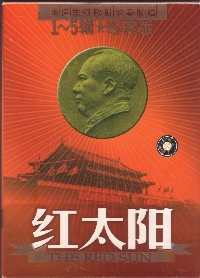Popstar Mao
What is it that makes Mao Zedong and the propaganda products accompanying his period of reign in China attractive? Why is it that present-day Chinese politics and the everyday experience of life in China, is determined by this very propaganda? Jung Chang 张戎 (1952–) in her voluminous biography of Mao entitled Mao: The Unknown Story (Chang and Halliday 2005) nowhere addresses this issue. Mao, the main figure in her book, was a political leader who led his Party comrades, and then the entire country, through a series of cataclysms.
Yet Mao, the “monster” whom she depicts, is not the only relevant Mao to contemporary China; Mao remains, for many, the symbol of an egalitarian, altruistic past, a past which has only recently been buried with the victory of “socialist capitalism.” This is why Mao appears as a star in many blockbuster movies and pop songs as can be seen here, why he can function (with his successors Deng Xiaoping 邓小平 (1904–97) and Jiang Zemin 江泽民 (1926–) as a New Year’s god, (see ill.5.77) and why he can serve as a talisman for taxi drivers, hanging from their rearview mirrors (see ill.5.76).










